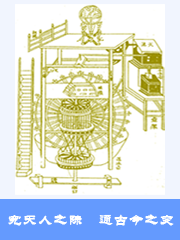- International Symposium on China and the World in the Global History of Science and Technology Held in Beijing
In order to commemorate the 60th anniversary of the establishment of the institute, as well as to promote the transnational communication among scholars specialized in history of science and technology and to foster the development in this field, the International Symposium on China and the World in the Global History of Science and Technology was held by the Institute for the History of Natural Sciences, CAS, from May 30th to June 1st. Twenty-eight historians of science and technology from the Chinese mainland, Germany, the United States, Britain, Russia, France, Korea, Estonia, Hong Kong and Taiwan presented high-level speeches concerning topics including the relationship between Chinese S&T and world civilization, the new perspectives and new methodologies in studies on history of science and technology and so forth, providing a fabulous academic feast of globalization and the history of S&T. More than 140 scholars from China and abroad attended the symposium.

In his opening speech, Zhang Baichun, Director of IHNS, CAS, expressed gratitude to all the guests for their congratulations on the 60th anniversary of IHNS and their constant support to the institute. He noted that since the 1980s, historians of S&T have gradually adopted the concept and perspective of “globalization” to describe the generation and transmission of knowledge. In this process, the specialized researches have transformed into multidisciplinary ones, the pure historical researches which look for facts have transformed into comprehensive ones on application, and the historical researches that are conducted from a single country’s point of view have transformed into ones that are conducted from the point of view of globalization. These profound changes have provided new research insights for studies on the history of S&T, and brought about a transformation in the structure of the discipline.
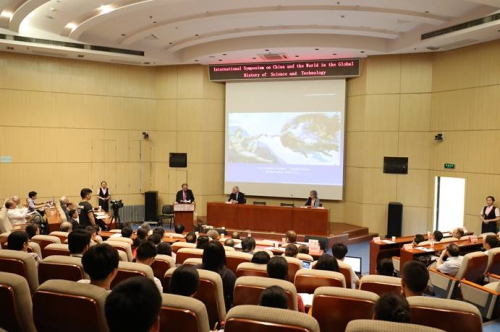
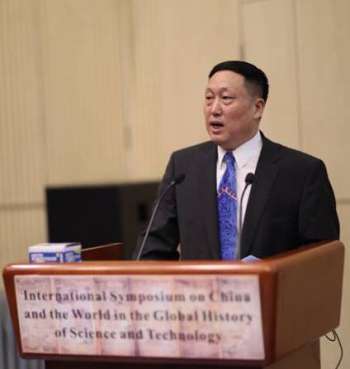
Zhang Baichun, Professor and the Director of IHNS, Editor-in-Chief for CAHST
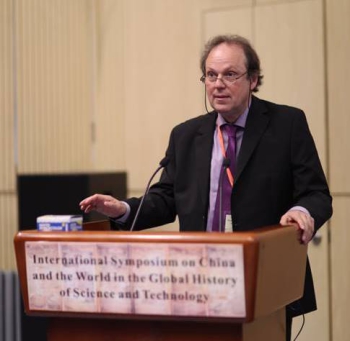
Jürgen Renn, Professor and the Director of the Max Planck Institute for Human Development, Director of the Max Planck Institute for the History of Science, and Editor-in-Chief for Science in Context, Boston Studies in the Philosophy of Science and CAHST
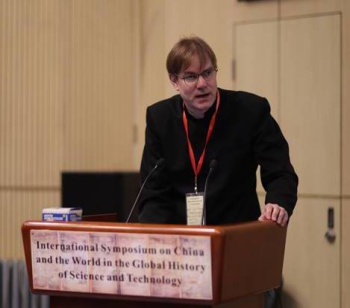
Matthias Schemmel, Research Fellow at the Max Planck Institute for the History of Science
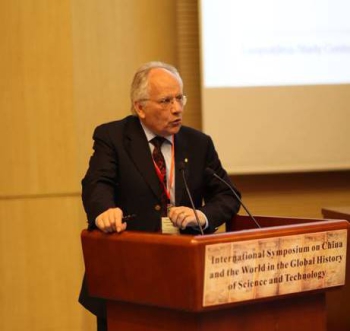
Alfons Labisch, Professor and the Director of Research Center for the History of Science of German National Academy of Sciences Leopoldina and former President of Heinrich-Heine-Universität Düsseldorf
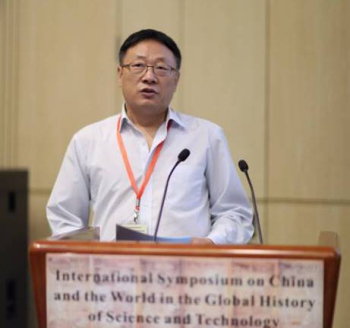
Su Rongyu, Professor at IHNS, and former Director of Center of Scientific Studies on Cultural Heritage, CAS
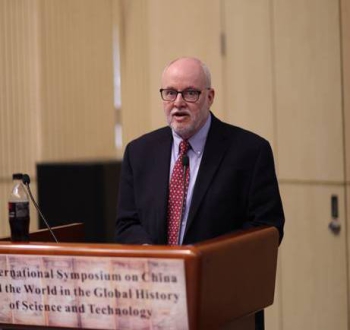
Joseph W. Dauben, Professor at City University of New York, and former President of the International Commission on the History of Mathematics
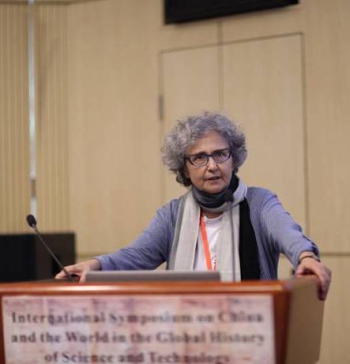
Karine Chemla, Professor at Université Paris 7 - CNRS and former President at ESHS
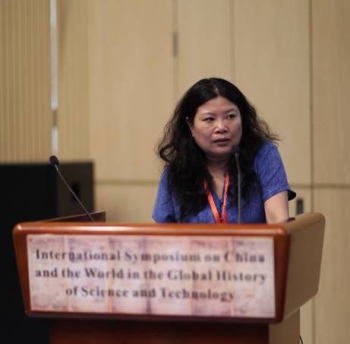
Tian Miao, Professor at IHNS, the Head of Department of History of Science and Technology in the West

Dmitry Shcherbinin, Professor and the Director of Vavilov’s Institute for the History of Science and Technology, Russian Academy of Sciences
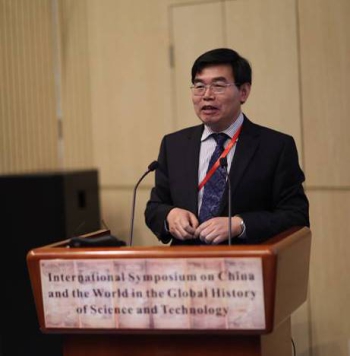
Mei Jianjun, Professor and the Director of the Needham Research Institute
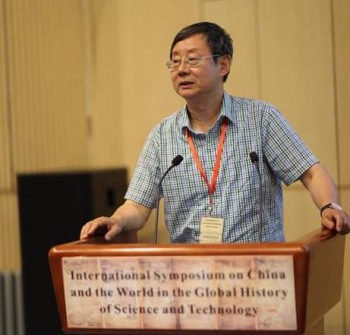
Zhao Zhijun, Professor at the Institute of Archaeology, CASS and the Director of the Center for Archaeological Science
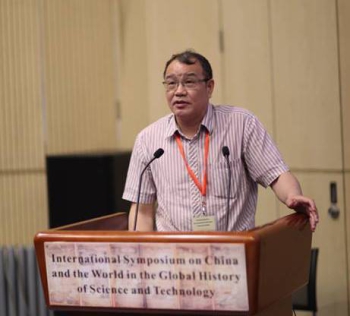
Wang Siming, Professor and the Dean of the Institution for Chinese Agricultural Civilization, Nanjing Agricultural University

Christopher Cullen, Professor and the Director Emeritus of the Needham Research Institute and former President of International Society for the History of East Asian Science, Technology, and Medicine
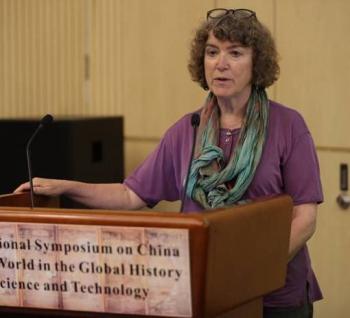
Francesca Bray, Professor at the University of Edinburgh and former President of the Society for the History of Technology
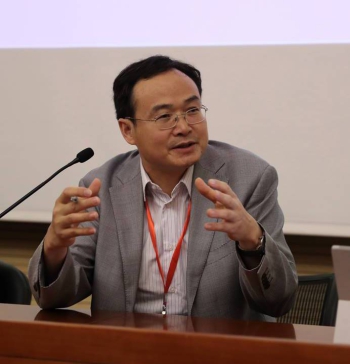
Shi Yunli, Professor and the Dean of the Department for History of Science and Scientific Archaeology, University of Science and Technology of China
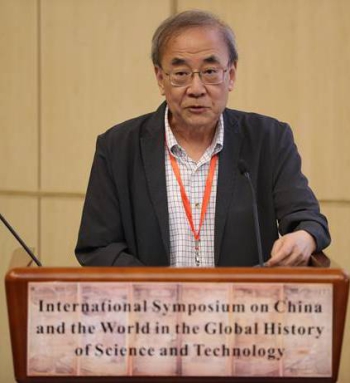
Yung Sik Kim, Professor at Seoul National University and former President of International Society for the History of East Asian Science, Technology, and Medicine
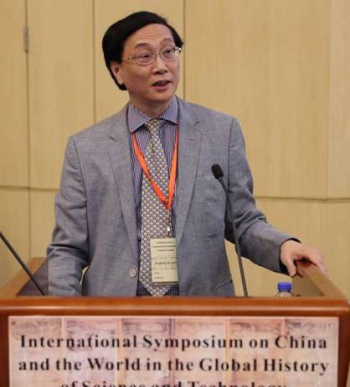
Fung Kam Wing, Executive Director of Institute for the Humanities and Social Sciences, the University of Hong Kong
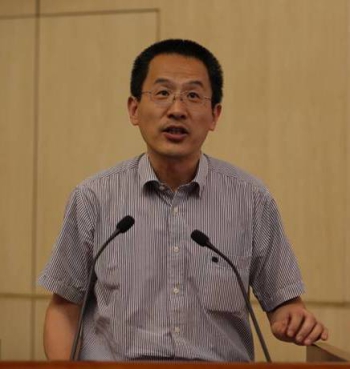
Han Qi, Professor and the Deputy Director at IHNS and Editor-in-Chief for Studies in the History of Natural Sciences
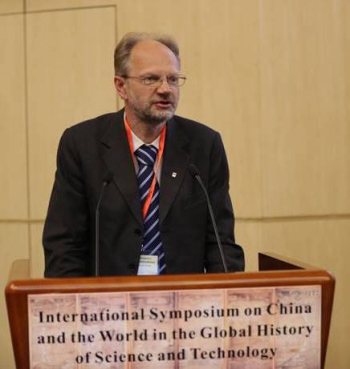
Peeter Müürsepp, Professor at Tallinn University of Technology and Editor-in-Chief for Acta Baltica Historiae et Philosophiae Scientiarum
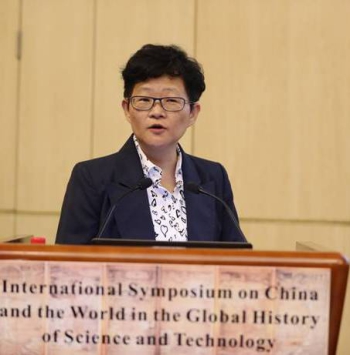
Chia-feng Chang, Professor at the History Department, National Taiwan University
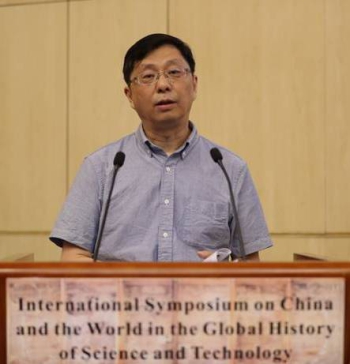
Zhang Daqing, Professor and the Director of the Center for History and Philosophy of Science, Peking University

Wang Zuoyue, Professor at California State Polytechnic University, Pomona
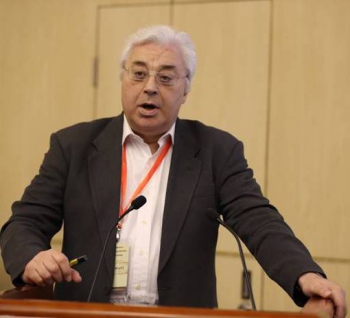
Yury Baturin, Professor and former Director of Vavilov’s Institute for the History of Science and Technology, RAS, cosmonaut, Hero of the Russian Federation and former adviser for the Russian president

Nadia Asheulova, the Director of Vavilov’s Institute for the History of Science and Technology, Saint-Petersburg Branch, RAS and Editor-in-Chief for Sociology of Science and Technology
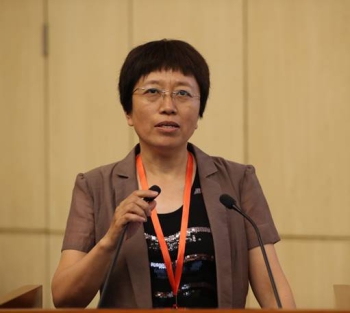
Zhang Jiuchen, Professor at IHNS, CAS and the Director of the Academic Degrees Committee
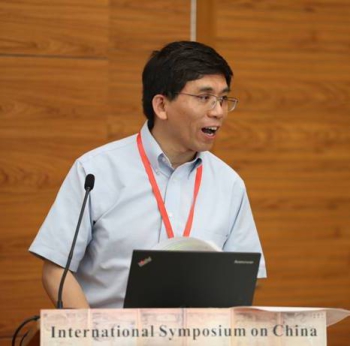
Hu Danian, Associate Professor at the University of New York City
During the roundtable discussion towards the end of the symposium, the involved experts explored the hot issues on the current studies of history of science and technology and the disciplinary development, highlighting the advancement of high-caliber and international journals on history of science and technology. In addition, high expectations are placed on Chinese Annals of History of Science and Technology, a newly established journal by the IHNS and Science Press and co-edited in chief by Zhang Baichun and Jürgen Renn. The experts provided the editorial team with insightful advice to facilitate this new academic platform.
Generally, the speakers and participants paid much attention to cutting-edge issues in the field of history of science and technology, and shared the fresh fruits of our current research. They analyzed not only the global landscape of the origin or evolution of science and technology, but also the diversity of knowledge in different cultural contexts. In addition, they discussed the cross-cultural and trans-national issues. Their time span covered more than 10,000 years, from prehistoric knowledge to contemporary science and technology, including the trends in both globalization and localization, for instance, dissemination and interaction of knowledge between Asia and Europe, along the Silk Road, inside the East Asia, or between China and other nations.
These global issues will break through the boundary wall of research on the national history of inventions. Obviously, it is of tremendous value for new generations of scholars. Naturally, such macroscopic historical narratives are based on the in-depth micro research and verification from different perspectives, and benefit much from the studies of historical sources and archaeological discoveries. At this symposium, the participants share a large quantity of results of micro studies, which focus on specific knowledge, events, figures, institutions, journals, and so forth. Their discussions mirror the change in the community of history of science and technology, including the influence of some national reforms on the institutions and historians of science.




